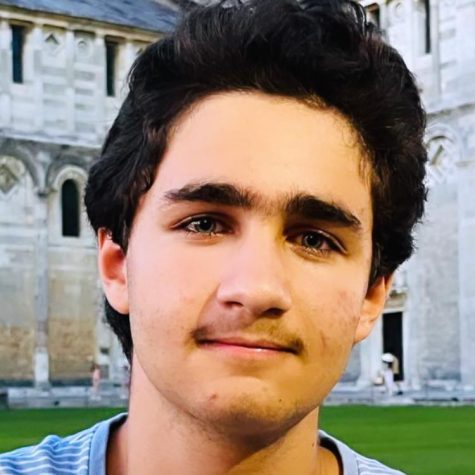President Biden Signs Bipartisan Gun Bill
June 27, 2022
On Saturday, June 25, President Biden signed a highly anticipated gun bill into law, becoming the largest federal gun legislation passed in more than 25 years. Coming just over a month after the horrific Uvalde school shootings, the Senate approved the bill on Thursday, with the House of Representatives passing the bill the following day, 234 to 193 votes. When signing the bill, Biden emphasized its importance, stating, “At a time when it seems impossible to get anything done in Washington, we are doing something consequential.”
The leader of this legislative victory was Connecticut Senator Chris Murphy (D), who has been one of the largest gun reform advocates in the Senate since elected in 2012. Speaking to the contents of the bill, he specified the “legislation will strengthen background checks and keep guns out of the hands of dangerous people. It also makes a historic investment in mental health and much-needed support services for students.” Both the President and Senator Murphy specified the bill does not include all of what they had in mind, “but it will save countless lives and finally break a 30 year political logjam.”
What’s In The Bill?
- A $750 million “funding pot” created to help pass and administer certain laws to prevent guns from falling into the hands of individuals found by courts to be of significant danger to themselves or others.
- Federal straw purchases (a purchase on behalf of someone who otherwise would be unable to make the purchase) of guns become a criminal offense.
- $250 million in violence interruption funding.
- Investment in and family mental health services.
- Increasing various areas of funding in schools.
SCOTUS Says Otherwise
On Thursday the 24th, the SCOTUS (Supreme Court of the United States) struck down a New York gun law that restricted concealed firearms without a concealed carry license. SCOTUS declared the law unconstitutional in a 6-3 ruling, with Justice Clarence Thomas saying the law “is not how the Second Amendment works when it comes to public carry for self-defense.” In Justice Stephen Breyer’s dissent, he argued the claim, writing, “In my view, when courts interpret the Second Amendment, it is constitutionally proper, indeed often necessary, for them to consider the serious dangers and consequences of gun violence that lead states to regulate firearms.”
The NRA (National Rifle Association) also followed up in a statement on both the gun law, and the SCOTUS decision, stating they “cannot and will not support senseless gun control measures that some in Congress have already said is just a first step that ‘paves the way’ for additional gun control that will only infringe on the rights of the law-abiding,” adding that, “these measures were hastily jammed through with ambiguous language and overbroad definitions to appease gun control supporters in Congress.”
Further information and specifics on the bill can be found Bipartisan Safer Communities Act One Pager


